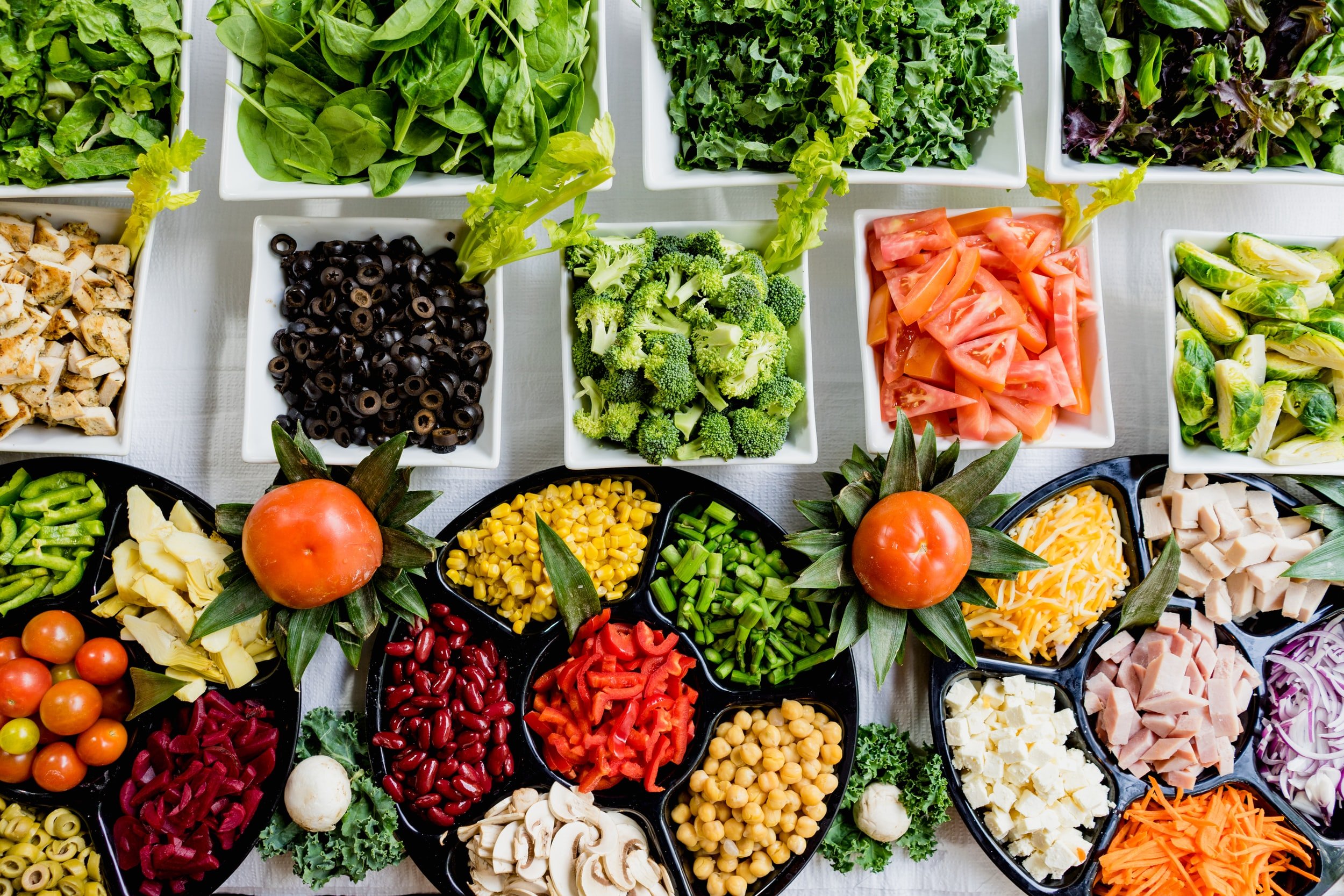Healthy eating on a budget
Beans on toast, instant noodles, enormous bowls of rice. Step away from the beige, add more colour and balance into your diet to feel and concentrate better, translating into better grades. Better food choices doesn’t have to be expensive either. With a bit of planning and creativity, tasty and nutritious meals can be achieved without breaking the bank. Create healthy eating habits for a lifetime as a student with a few simple, budget-friendly tips.
When I cut down my work hours and returned to being a postgraduate student, it was initially a challenge getting to grips with sticking to a food budgeting while eating the kinds of foods I enjoy.
Here are some top tips to help you eat healthy on a budget.
Plan ahead
It might take a little time and practice to hone the art of pre-planning meals and grocery lists, but it is so worth it. Setting aside some time each week to prepare a list of items needed from the store will save on your bottom line. This will also allow for you to look up sales or price shop items at a few stores to get an even better value.
Coming up with wholesome, tasty meals will also reduce the allure of the snack food aisles. Once you are armed with your plan, make sure you don’t head to the store hungry so you can stick to your list and budget.
Shop the seasons
Costs on fresh produce are drastically reduced when you purchase items that are local and in season. Markets don’t have to ship fruits and vegetables in from other parts of the world, which add to the cost.
Find a nearby farmer’s market or grocery store that sources crops from your area and plan your meals around what you find. Bonus benefit from buying the freshest produce is they will be at their peak nutritional value.
Buy local and within season
Making use of local independent shops and markets can benefit your community and the environment as well as your wallet! Markets and local shops can often save you money compared to the bigger stores and you may discover some tasty local produce which isn’t available in the supermarket.
Stray from the produce department
You don’t have to limit your shopping to just fresh ingredients. Canned and frozen items can be an inexpensive, yet still healthy option for grocery shopping. You will actually consume more of the antioxidant lycopene from canned tomatoes rather than fresh!
Canned or dried beans are a great way to add filling protein without buying expensive cuts of meat. And veggies can be harvested at the pinnacle of freshness, then blanched and frozen to preserve flavor, texture, and nutrients. Just make sure to read labels to avoid added sugars and salts.
Don’t dismiss tinned and frozen fruit and veg
Getting through fresh fruit and vegetables on your own can be a struggle without having the same meal over and over again. Frozen and tinned vegetables are great for adding straight to meals and they keep for much longer, with all the same health benefits as the fresh stuff.
Buy in bulk
It might be sticker shock to see bulk items at a wholesale store, but once you realize you can make 4+ meals from that one package of meat, you can see the value. Stores like Costco and Sam’s Club or Aldi are especially great places to find deals on quality meat. Unless you are feeding yourself and your closest 10 friends, these packages can be divided up to be used in multiple meals.
Some stores will also assist in filleting fish that was purchased whole at a much lower per kilo price than a single fillet. Get those Omega-3’s!
Eating out is still an option
Obviously you don’t have to become a hermit and stay at home to cook every night while still eating healthy. Opting for grilled or baked choices over fried will save plenty of calories. Also pay attention to sauces and dressings, they can sneak in unwanted fats and sugars.
Most restaurant plates are well over a healthy portion size, so take half as leftovers for the next day. Overall you will save much more by cooking at home, but don’t have to ruin your eating habits by going out to eat.
Make use of supermarket offers
Keep an eye out for offers at supermarkets and restaurants. Many supermarkets offer free delivery with a minimum spend, so stock up on dried ingredients, such as cereals and pulses.
If you are studying, more food discounts can be found with uni student membership. Alternatively, do your food shopping near closing time to grab some healthy bargains.
Until next time,
Gemma
Fuel your cycling with confidence
Learn how to fuel before, during and after cycling with the Cycling Nutrition Framework for optimal body weight, recovery and performance.


